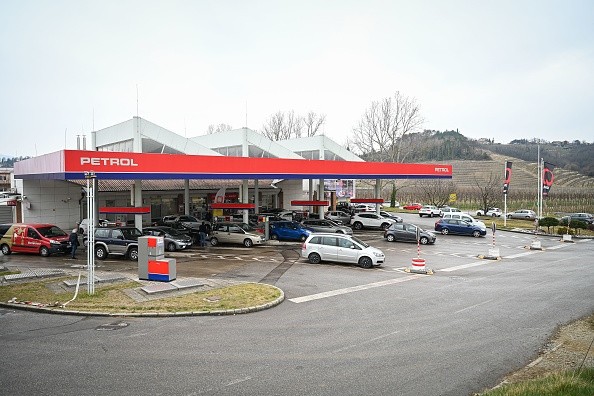Traveling more gradually, shutting down the air conditioning, car-free Sundays, and working remotely should be implemented as urgent steps to cut world demand for oil, according to International Energy Agency's 10-point proposal.
The IEA sketched out a number of policies it claimed would assist lower world demand, which is now near to 100 million bpd, easing customer pain from sky-high oil and gas prices and reducing dependence on Kremlin-controlled supplies.
The increase of oil and gas prices

In the face of the emerging global energy crisis caused by Russia's invasion of Ukraine, concrete action by authorities and companies in emerging economies and even beyond can accomplish substantial drops in oil consumption in a matter of a few months, minimizing the chances of the main supply crunch, as per a new International Energy Agency analysis released today.
These steps would lower the price agony suffered by consumers worldwide, lessen the economic damage, reduce Russia's hydrocarbons income, and assist shift oil demand to a more manageable course.
If completely implemented in advanced economies, the steps advocated by the IEA's new 10-Point Plan to Reduce Oil Consumption would reduce oil demand by 2.7 million barrels per day within four months, comparable to the oil use of all automobiles in China.
This would greatly minimize possible constraints at a time when a big portion of Russian supply could no longer make it to market as well as the peak usage season of July and August approaches.
The policies will have an even bigger impact if they were implemented in part or whole in developing economies as well.
How much they would save by doing these proposals
Lower highway speed restrictions by at least ten kilometers per hour.
It saves approximately 290,000 bpd of oil uses including cars, and an extra 140,000 bpd if trucks also reduce their speed, as per The Guardian.
A reduction in speed restrictions can be put in place by national governments; numerous regions, such as the United States as well as several European countries, undertook then during the early 1970s.
When feasible, work from home up to three days each week.
One day a week saves approximately 170,000 bpd; three days save approximately 500,000.
Prior to the pandemic, the use of private cars for commuting was responsible for approximately 2.7 million barrels of oil use per day, according to the IEA, despite the fact that approximately one-third of such employment could be accomplished from the household.
Cities have car-free Sundays.
Every Sunday saves around 380,000 bpd; one Sunday per month saves 95,000.
Switzerland, the Netherlands, and West Germany adopted this during the oil crisis, and several localities have utilized the approach more recently to improve access to health.
According to the IEA analysis, benefits include cleaner air, decreased noise pollution, and greater traffic safety.
Encourage effective freight truck driving and delivery of products.
Saves around 320,000 bpd. Freight trucks, like private automobiles, may be driven more efficiently, along with the adoption of so-called "eco-driving" practices, such as decreasing superfluous weight and not suddenly slowing or speeding up.
Loads should also be optimized to avoid empty vehicle trips.
Instead of flying, use high-speed and night trains.
Saves around 40,000 bpd. According to the IEA, based on current high-speed rail infrastructure, approximately 2% of flights in industrialized nations might be transferred to trains. Almost all of this is accomplished with flights of less than 800 kilometers.
Related article: How Oil and Gas Development Transforms Landscapes
© 2025 NatureWorldNews.com All rights reserved. Do not reproduce without permission.





